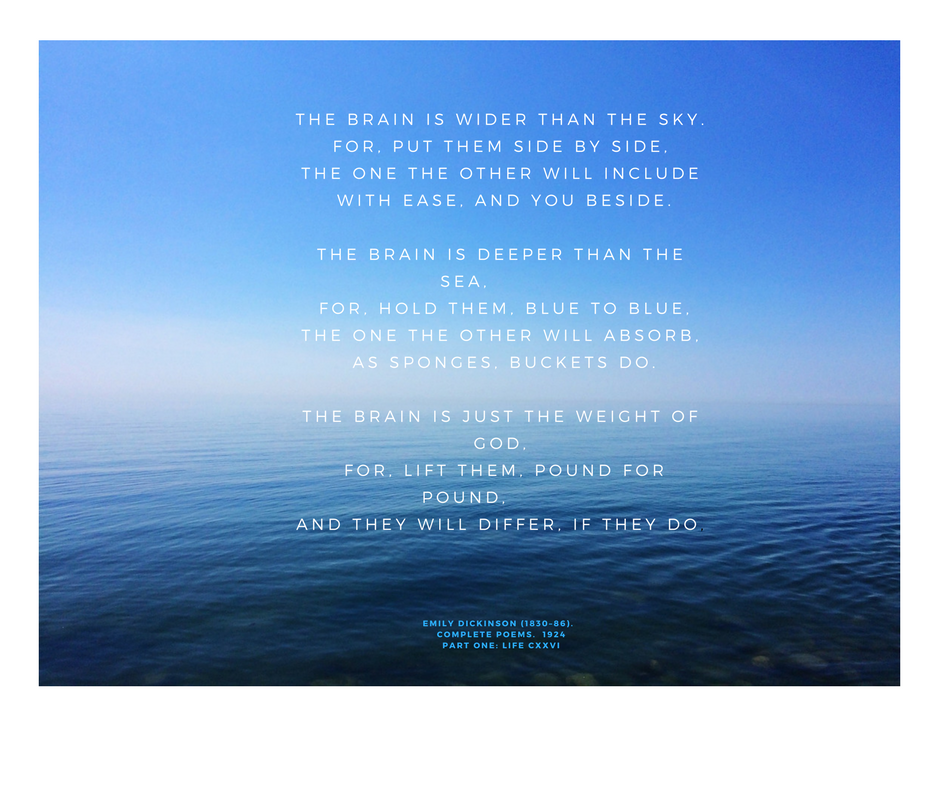Brain poetry discovered at tech conference

Brain poetry is a thing. How could I not know this? It takes the 2017 WordCamp conference in Phoenix to discover this.
For those of you not in the know, WordCamps are regional meetings for developers, designers, and users of the WordPress platform for Internet delivery of content. This blog is courtesy of WordPress which is an open-source community supported vehicle. I wouldn’t be here if I had to translate code into content for which I am eternally grateful to WordPress.
You probably know from your own experience that you skip certain presentations at conferences that don’t interest you. And, usually, the early scheduled programs on Day 1 have key information. My schedule reads Day 1, 9:45 am – Poetry is the One Simple Hack, Shawn Pfunder. There’s no follow up descriptive.
Since I’m not a fan of poetry and checking to make sure I’m really at a tech conference, I’m tempted to find a coffee source. Too late – the speaker’s been introduced and exiting from the middle of the second row will be embarrassing.
Now, I should know that there’s a good reason for scheduling this, but I’m into my anti-poetry mood. That is until Pfunder says the magic word “brain.” Okay, … you’ve got my full attention now.
He references a study by University of Exeter Medical School. In essence, the study used magnetic resonance imaging (fMRI) to track which parts of the brain responded when different types of literature were read. Both prose and poetry activate the normal “reading network.”
However, when content contains emotional elements, the brain is activated as if listening to music with its own autobiographical memories and associations. Thus with prose and poetry, “… the emotional response to literature shares ground with the response to music, and regions of the right hemisphere are engaged by poetry.”
Poetry, not only touches our emotional circuits in its evocative memories and lyrical resonance but also, moves our brain into introspection – a resting state of “… the posterior cingulate cortex and medial temporal lobes.”
Nice to know poetry affects the brain this way, but why should we be reading poetry when we anchor ourselves to our computers?
Or even, who has time to read poetry unless you’re already a poetry aficionado?
For us, minimal or non-poetry readers, Pfunder explains how poetry opens the brain to being brain poetry. It gives your brain default to structure and function something new and vital.
It’s …
- space that opens up new ideas
- patience that lets ideas come to you
- inspiration which leads to new connections
- unpredictable images and ideas that pull together
- relationship changes to how you work and problem solve
- entrée to a higher level of innovating thinking and creativity
I leave you with a little brain poetry to contemplate.

Resources:
http://www.ingentaconnect.com/contentone/imp/jcs/2013/00000020/F0020009/art00008
https://mic.com/articles/103490/why-we-should-all-be-reading-more-poetry#.GlLsyNm2j
http://nymag.com/scienceofus/2017/05/this-is-what-happens-to-your-brain-when-you-read-poetry.html
http://www.bartleby.com/113/1126.html
Image: Joyce Hansen WordCamp 2017 Phoenix, AZ @ Galvanize; Pixabay 828908